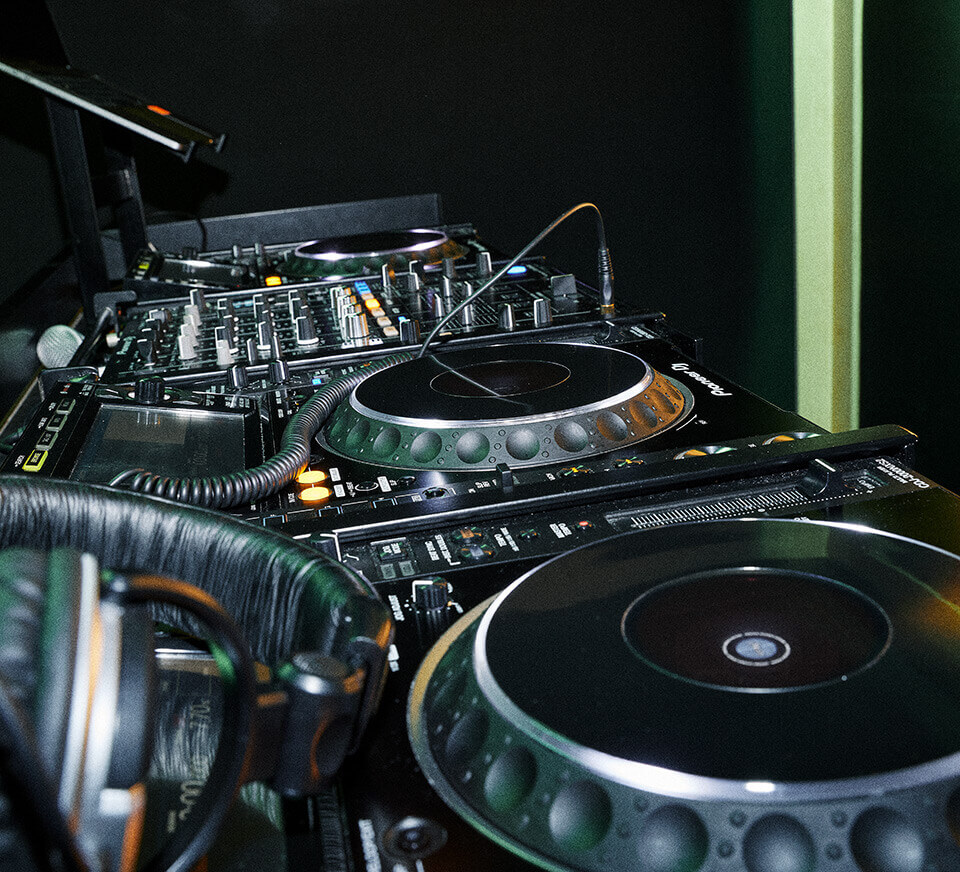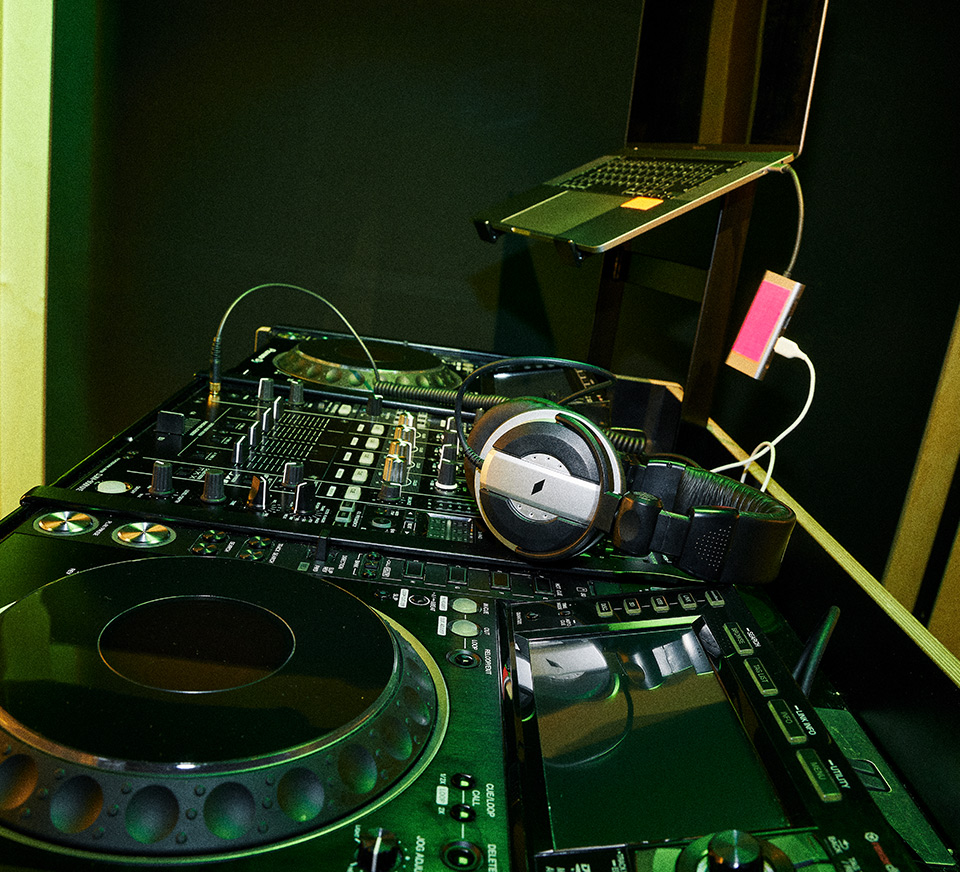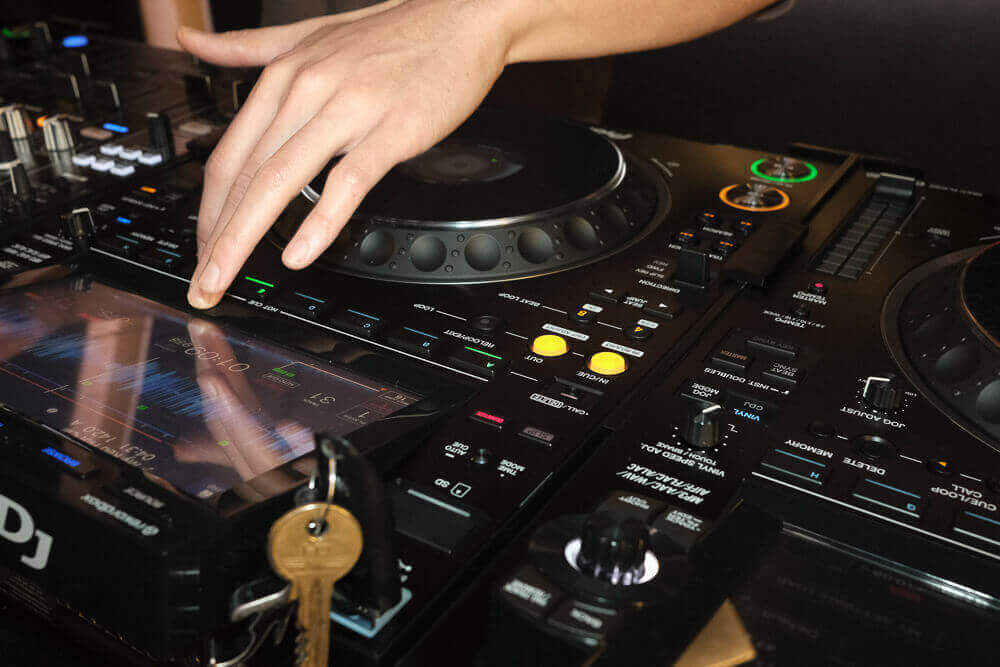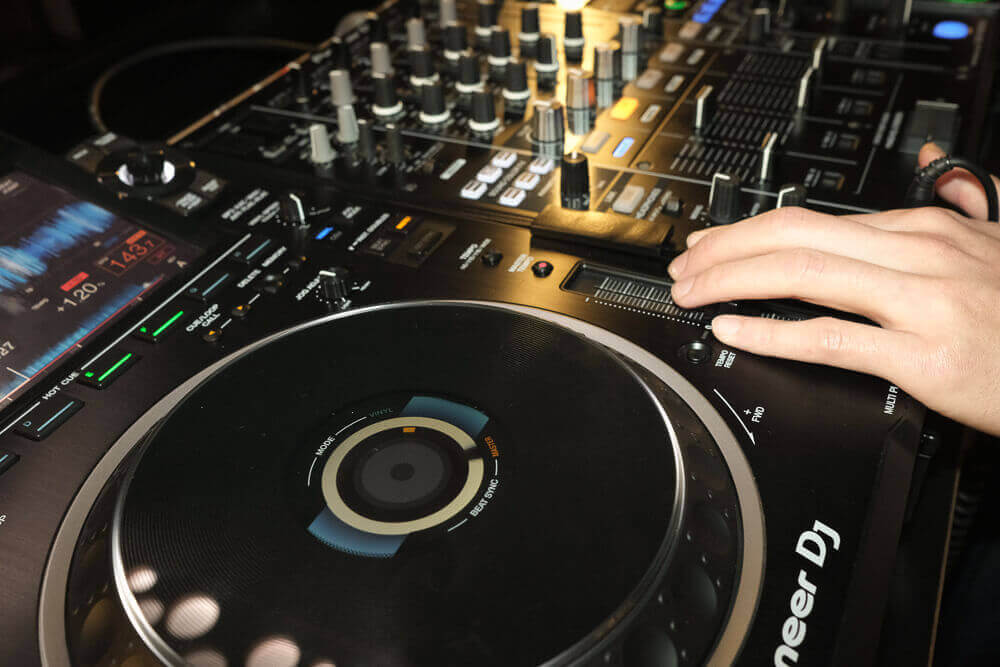
■ Discover New Music
You’re at a club. You go to the bathroom. The door reads ‘zero tolerance drugs policy’. Arguably, it does little to deter you and even less to keep you safe.
This isn’t an endorsement of illegal highs, simply an acknowledgement that drugs are an unavoidable part of clubbing, festivals and many other music events.
In this article, we explore the limitations of a zero tolerance drugs policy, and what you can do to help keep yourself and your friends safe if you do decide to use recreational drugs.

Attitudes towards recreational drugs at nightclubs, festivals and gigs vary across the world. Whereas the Dutch approach includes DIY testing facilities in clubs as standard (like those run by Energy Control), the British government is notoriously tough on drugs. This disparity in attitude is reflected in our drug-related death rate, The Independent reported in 2021 that:
“The UK has the highest numbers of drug-related deaths in Europe and sets new records year on year with these fatalities.”
In 2013, following the death of a thirty year old man, The Warehouse Project in Manchester became the first UK club night to trial on-site testing of party drugs, conducted by government-employed scientists. This trial was in conjunction with The Loop, an NGO established in 2013 providing 'drug safety testing, welfare and harm reduction services at nightclubs, festivals and other leisure events'.
The Loop piloted similar testing at UK festivals Secret Garden Party and Kendal Calling in 2016. Here, punters could drop off their drug samples and find out exactly what they had. The drugs were also graded in terms of strength, so they would know the potency. Following this experiment, the RSPH reported:
'One in five festival attendees decided to dispose of their drugs once they knew the contents'.
Whilst on-site drugs testing works wonders to keep party goers safe, government action would be required to see it become common-place across UK nightlife. Under the current regime, UK venues are scared to enforce anything more flexible than a zero tolerance drugs policy.
In 2016, fabric in London lost it’s license due to drug-related deaths. A year later, the same thing led to the permanent closure of Rainbow Venues in Birmingham. In 2021, just last week, there was another tragic drug-related death which forced the immediate closure of The Cause in London.
Clubs are in a chokehold when it comes to drugs. They lose their license when dancers take harmful stuff, but they also face losing their license if they create a safe environment for dancers to test their drugs.
For now, it’s up to dancers in the UK to try to keep themselves and each other safe. Below are some tips which should help.

These tips do not guarantee a problem-free night, they're simply designed to minimise risk.

Club nights, gigs and festivals are best enjoyed with friends and loved ones. Make use of the advice above, look after yourself as best you can and keep an eye on whoever you’re with, especially if they’re taking drugs. If you see a random raver in trouble, don’t turn your back on them either. Lastly, if you get an opportunity to have your drugs tested on-site, take it. Even if your favourite DJ is playing.
For more information on testing and taking recreational drugs, check out The Loop’s website here.

For more music industry tips, tricks and advice, or to access up-to-date music industry news, head to the Pirate.com Blog.
To hone your skills as a podcaster, band, producer or DJ, book a Pirate.com studio in the UK, US or Germany.
